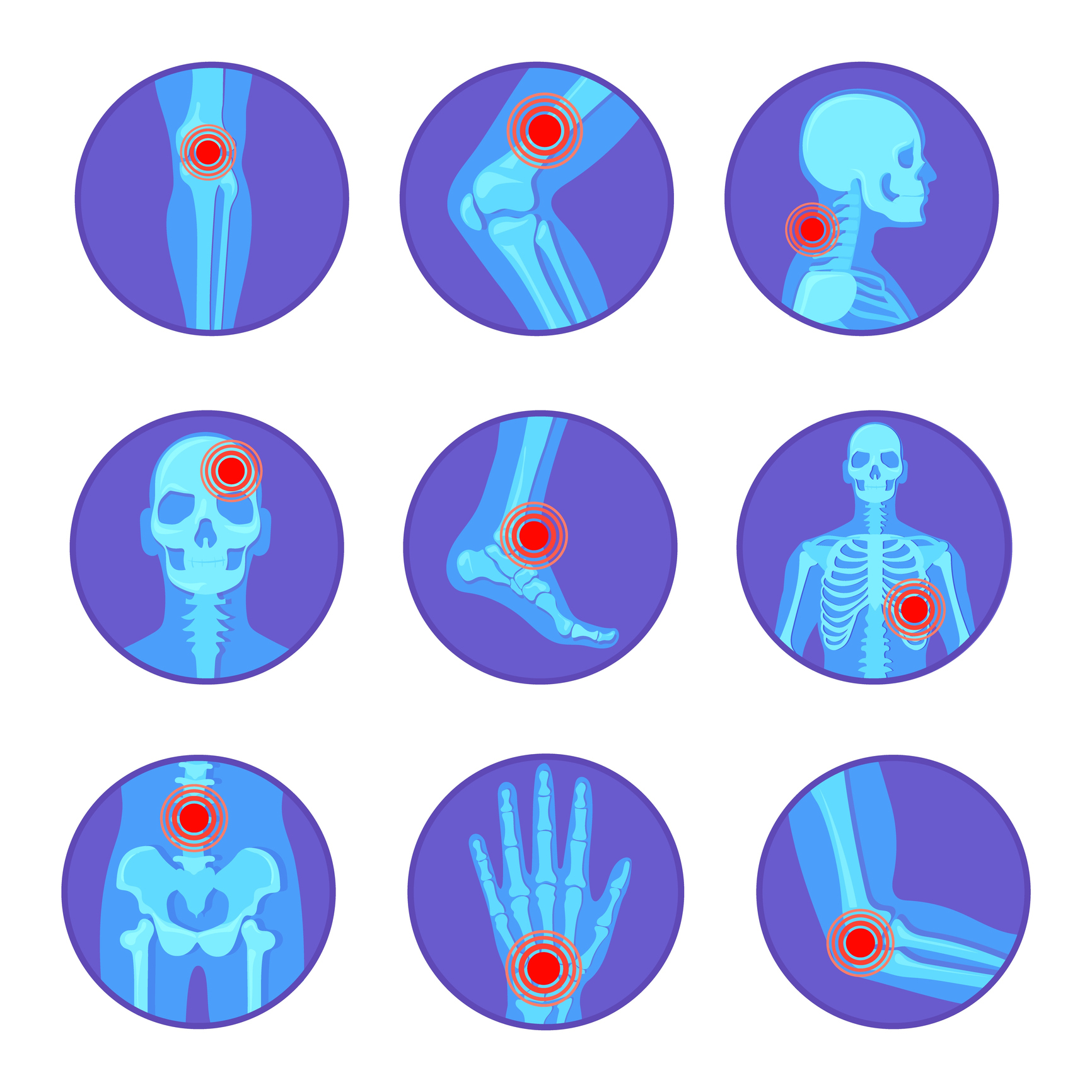Systemic lupus erythematosus (SLE) can affect any part of the gastrointestinal (GI) tract. GI symptoms are reported to occur in more than 50% of SLE patients.
To describe the GI manifestations of SLE in the RELESSER (Registry of Systemic Lupus Erythematosus Patients of the Spanish Society of Rheumatology) cohort and to determine if these are associated with a more severe disease, damage accrual and a worse prognosis.
We conducted a nationwide, retrospective, multicenter, cross-sectional cohort study of 3658 SLE patients who fulfill ≥ 4 ACR-97 criteria. Data on demographics, disease characteristics, activity (SLEDAI-2K or BILAG), damage (SLICC/ACR/DI) and therapies were collected. Demographic and clinical characteristics were compared between lupus patients with and without GI damage to establish whether GI damage is associated with a more severe disease.
From 3654 lupus patients, 3.7% developed GI damage. Patients in this group (group 1) were older, they had longer disease duration, and were more likely to have vasculitis, renal disease and serositis than patients without GI damage (group 2). Hospitalizations and mortality were significantly higher in group 1. Patients in group 1 had higher modified SDI. The presence of oral ulcers reduced risk of developing damage in 33% of patients.
Having GI damage is associated with a worse prognosis. Patients on high dose of glucocorticoids are at higher risk of developing GI damage which reinforces the strategy of minimizing glucocorticoids. Oral ulcers appear to decrease the risk of GI damage.
© The Author(s) 2021. Published by Oxford University Press on behalf of the British Society for Rheumatology. All rights reserved. For permissions, please email: journals.permissions@oup.com.
Relevance of gastrointestinal manifestations in a large Spanish cohort of patients with systemic lupus erythematosus: what do we know?


